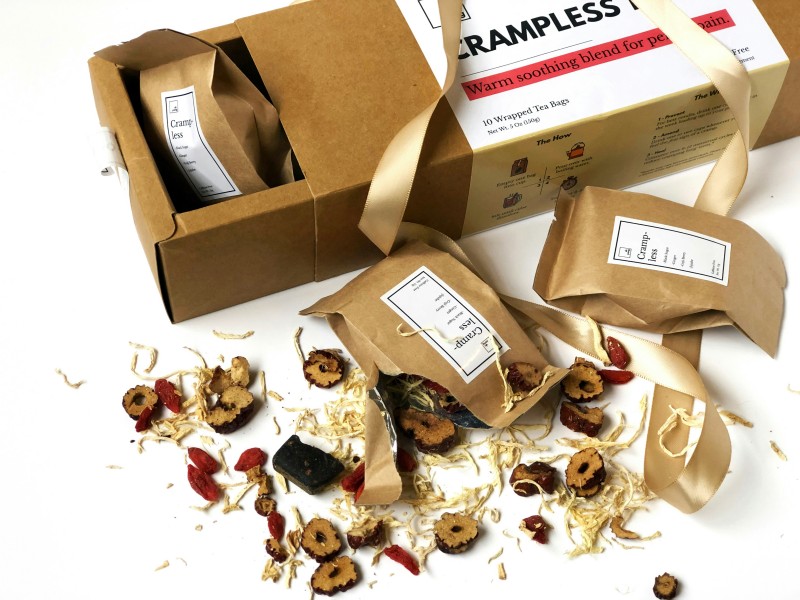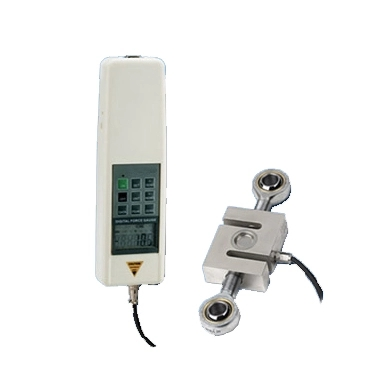Ensuring Packaging Durability and Protection
As an experienced and reliable hardness tester factory, one of the main uses of our hardness testing machine in the packaging industry is to ensure the durability and protection of packaging materials. Packaging plays a crucial role in protecting products during transportation and storage, and it is essential that the materials used are strong enough to withstand various external forces. Hardness testing helps determine the strength and resistance of packaging materials, such as cardboard, plastic, or metal, to ensure they can withstand the rigors of the supply chain.

By conducting hardness tests on packaging materials, manufacturers can identify any weaknesses or vulnerabilities that may compromise the integrity of the packaging. For example, a low hardness value may indicate that the material is too soft and prone to tearing or puncturing, which could lead to product damage. On the other hand, a high hardness value may suggest that the material is too rigid and may not provide sufficient cushioning or shock absorption. By identifying these issues through hardness testing, manufacturers can make necessary adjustments to improve the quality and durability of their packaging.
Assessing Spring Performance and Reliability
Hardness testing is also widely used in the spring manufacturing industry to assess the performance and reliability of springs. Springs are essential components in various applications, such as automotive, aerospace, and industrial machinery, where they provide mechanical support, absorb shocks, or store and release energy. The hardness of a spring is a critical factor in determining its strength, flexibility, and resistance to deformation.

By conducting hardness tests on springs, manufacturers can ensure that they meet the required specifications and performance standards. A spring with inadequate hardness may not be able to withstand the required load or may experience excessive deformation, leading to failure or reduced lifespan. On the other hand, a spring with excessive hardness may become brittle and prone to cracking or breaking under stress. Hardness testing allows manufacturers to identify any deviations from the desired hardness range and take corrective measures to ensure the quality and reliability of their springs.
Quality Control and Compliance
Hardness testing manufacturered by Lanetech, one of leading portable hardness tester manufacturers, serves as an essential tool for quality control and compliance in both the packaging and spring manufacturing industries. By regularly conducting hardness tests on packaging materials and springs, manufacturers can ensure that their products meet the required standards and specifications set by regulatory bodies or industry organizations.

Hardness testing provides objective and quantifiable data that can be used to assess the quality and consistency of materials and products. It helps manufacturers identify any variations or defects in the hardness values, which may indicate issues in the production process or the quality of raw materials. By addressing these issues promptly, manufacturers can maintain high-quality standards, minimize product failures, and ensure compliance with industry regulations.

 français
français Español
Español русский
русский العربية
العربية português
português








